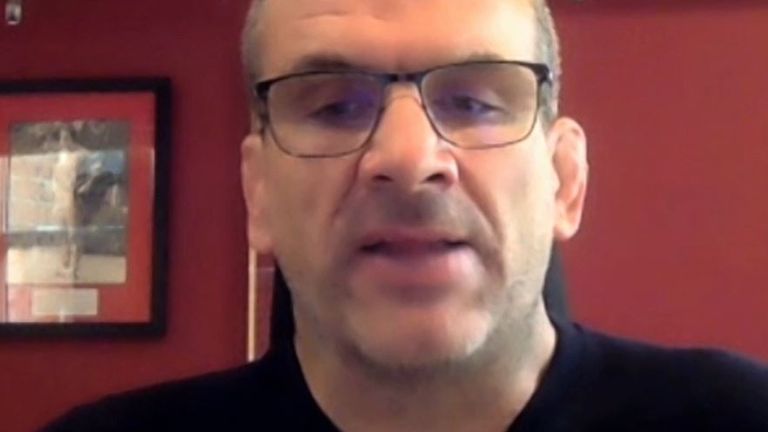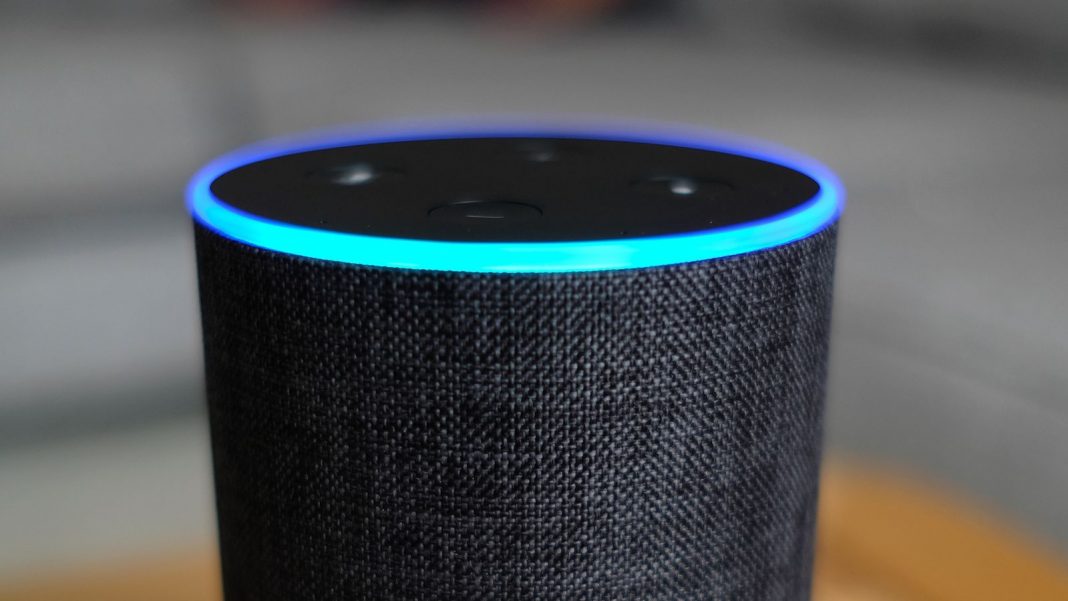Voice assistants have become a crucial part of our lives – giving us the weather forecast, playing music on demand, and even helping us cheat at pub quizzes.
But according to a new study, there’s one thing that the likes of Siri and Alexa aren’t good at: giving instructions for CPR.
When someone goes into cardiac arrest, every second is crucial – and for bystanders who don’t know what to do, a voice assistant might be one of the first places they turn.
Researchers in the US asked these tools eight common questions that someone might have in an urgent scenario – such as how to perform CPR – but the answers were Siri-ously lacking.
Some voice assistants replied by saying they don’t know or didn’t understand the question, while another said: “Words fail me.”
Least helpful of all was the voice assistant that replied with a translated answer: “The Indian Penal Code.”
Just nine of the 32 responses provided by voice assistants in the study urged someone to call the emergency services for help.
And while users were occasionally directed to websites that explained how to perform CPR, only a small number of voice assistants offered verbal instructions.
Read more tech news:
Zuckerberg and Musk to attend AI summit
London to New York in just 90 minutes?
Please use Chrome browser for a more accessible video player

2:27
‘Learn CPR’ says former England rugby captain
Amazon’s Alexa, Apple’s Siri, Google’s Assistant and Microsoft’s Cortana were all put through their paces back in February.
The study found that more specific questions tended to deliver better answers – and AI-powered ChatGPT provided much more helpful information.
Dr Adam Landman, who is from Mass General Brigham in Boston and co-authored the research, is calling for all voice assistants to offer verbal instructions as standard – especially considering that chest compressions are most effective with two hands.
“You can’t really be glued to a phone if you’re trying to provide CPR,” he said.
Microsoft said its new Bing Chat tool, which uses AI, will immediately direct users to call 911 and then give basic steps on how to perform CPR.
Google responded by saying it is “always working to get better” – adding it’s important to collaborate with the medical community.
Amazon declined to comment on Alexa’s performance, and Apple didn’t respond to a query by the Associated Press news agency.







